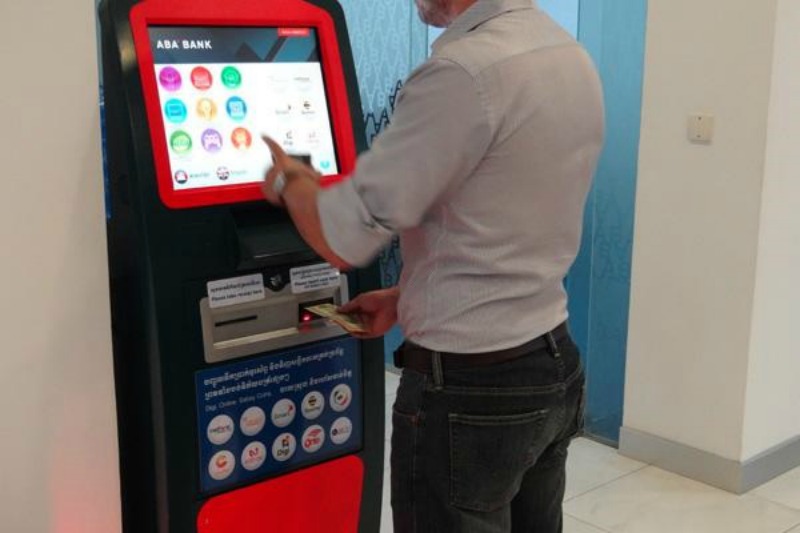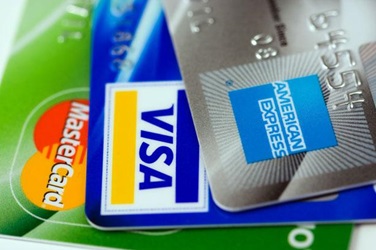Bad Financial Habits Can Be Hard to Break But It’s Time To Make The Change Now!
Bad financial habits can negatively affect your personal finances. Just like any other habits that you’ve already been used to, it can be difficult to eliminate them. However, if you are committed to improving your finances, with your dedication, it can be possible. Here are some of the most common bad habits when handling finances and how you can break them. You might be guilty of some or all of them so consider these tips.
Not Paying Bills on Time
There are various disadvantages that you can get from not paying your bills on time. The most obvious is that you will be paying for penalty charges, which are additional expenses in your pocket. Moreover, overdue payments on your credits would give you a bad credit score. This could affect your overall credit record and may hinder future loans like mortgage and car loan to be approved. While you may still find lenders that are willing to lend you some money, the interest rate would be high.
To avoid late payments, organize your bills. You may place them somewhere where you can easily see them, like sticking them on your fridge’s door. You may also set up reminders prior to your due date so you wouldn’t forget them. Another option is to set up automatic payments to make sure that your bills are paid on time.
Keeping a Balance on Your Credit
Some people think that keeping a balance on their credit cards will improve their credit score. This is a myth that you should not believe in as you wouldn’t have a good rating for not paying everything you owe. Since you were not able to pay the entire amount, you’ll end up paying higher interest due to the balance.
If you have the money to pay for the whole amount, do so. The small amount that you’ll be able to save from the interest could add up in the long run. Again, this can be prevented by setting up automatic payments, as long as you have sufficient funds in your account.
Not Tracking Your Expenses
Your finances can be easily ruined if you don’t know where your money is going. If you don’t track your spending you wouldn’t know which areas you’re having problems with so you it would be difficult to resolve them. You may end up not having enough money to use until the next payout, which may force you to rely on credits again.
Sit down and take a moment to identify your expenses. Determine how much you usually spend on your house bills, credit payments, needs and wants. With this, you’ll see if you’re spending more on things that don’t really matter so you can make a conscious effort to cut back on them. Focus on what’s important before splurging on your wants.
This doesn’t mean that you should stop spending on things that you like. You also need to reward yourself once in a while, as long as you have extra cash for it. It’s always possible to save up if you really wish to purchase something.
Overspending
Spending more than what you can afford could lead to financial struggles and towering debts. The first step in avoiding overspending is to have a budget and stick to it. If you know your limit on how much you can spend on a specific area, it would be easier to control your spending. If you’re really having difficulties doing this, it’s best to bring only the right amount when you go out to prevent spending more than you should.
Not Saving
Not having an emergency fund can be tough when times of needs. You may be forced to borrow more money and before you know it, you could end up having several debts that are difficult to pay. This may also lead you to grab loans even when they have high interest rate, which could build up in the long run.
Start the habit of saving even a little amount each month. That small amount would add up and you’ll thank yourself for doing so when the time comes that you would need that money. Every dollar you save is important as they could add up and you might be surprised how much you’ve saved after some time.
Now is the right time to break those bad financial habits and start managing your personal finances better.
Photo Attribution:
Featured and 1st image by Igor ABA (Own work) [CC-BY-SA-3.0 (http://creativecommons.org/licenses/by-sa/3.0)], via Wikimedia Commons
2nd image by Petr Kratochvil [CC0], via Wikimedia Commons


